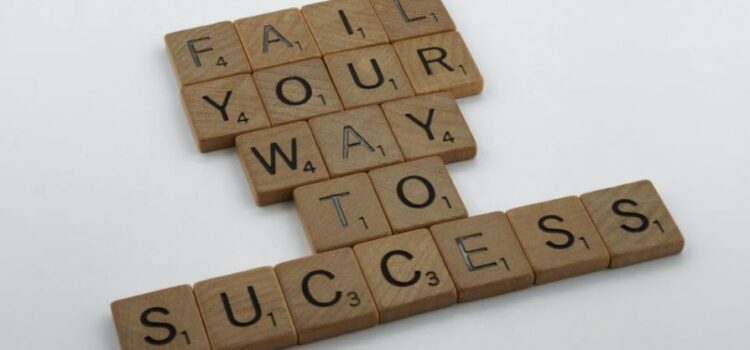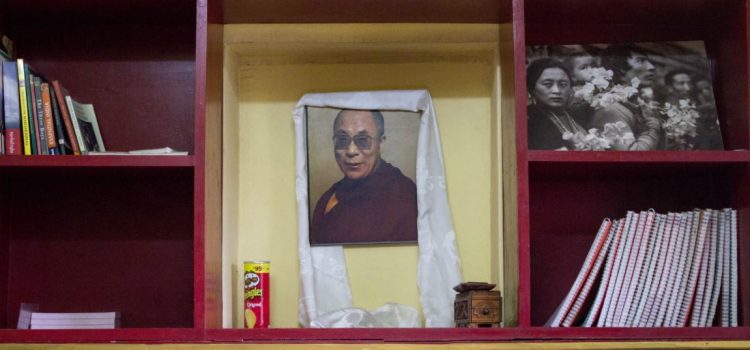What is the “Nash equilibrium”? How do you calculate the Nash equilibrium? One of the most important concepts in game theory is the “Nash equilibrium”—a theoretical game state in which every player is fully aware of their opponents’ strategies yet sees no need to change their own. The game becomes stable and unchanging because everyone has settled into the best possible strategy available to them. If you can calculate an equilibrium, you can predict the inevitable stable outcome of any game’s rules and incentives. Keep reading to learn about the concept of the “Nash equilibrium” and how it is used in
Game Theory: The Nash Equilibrium Explained










